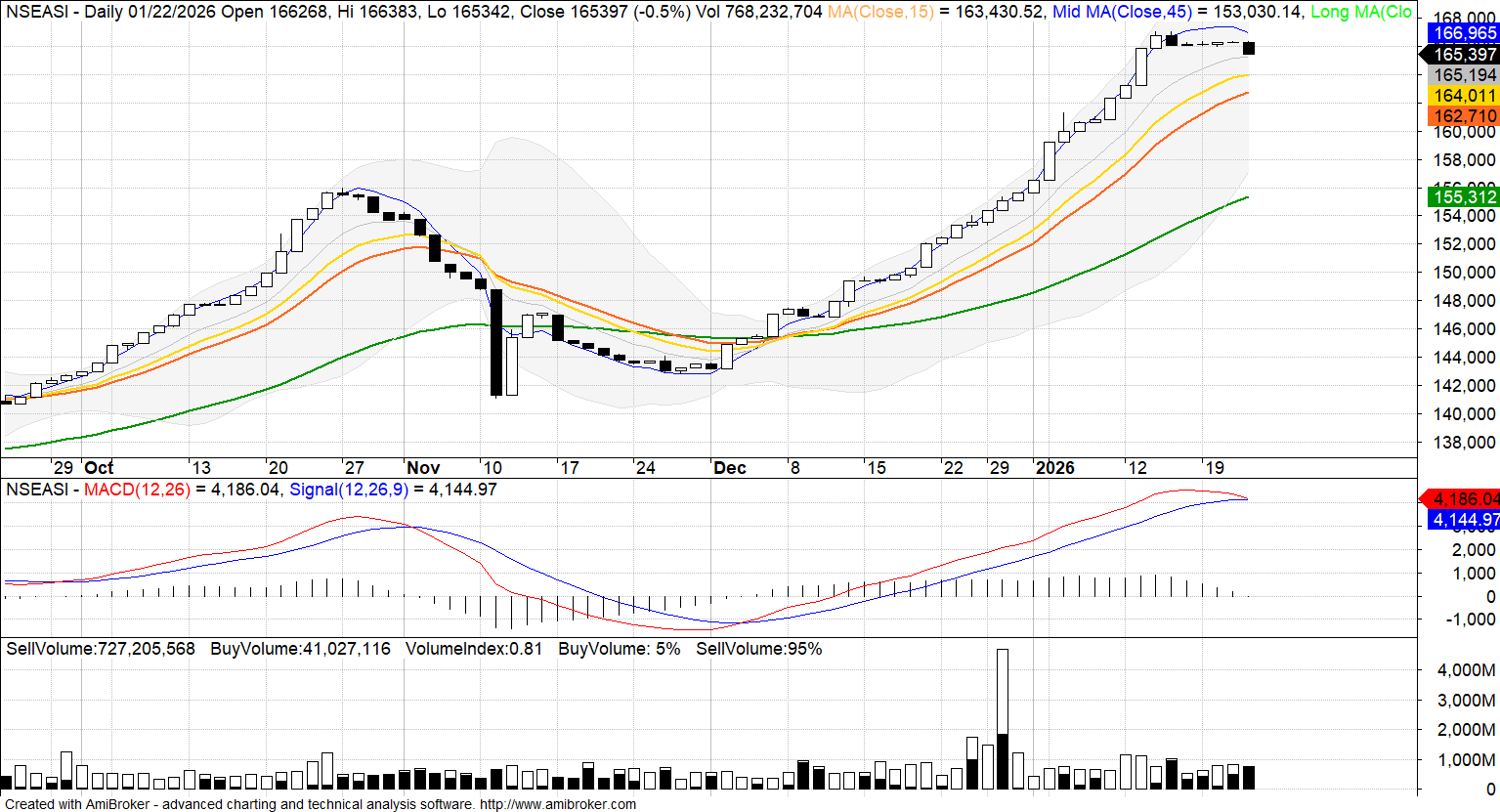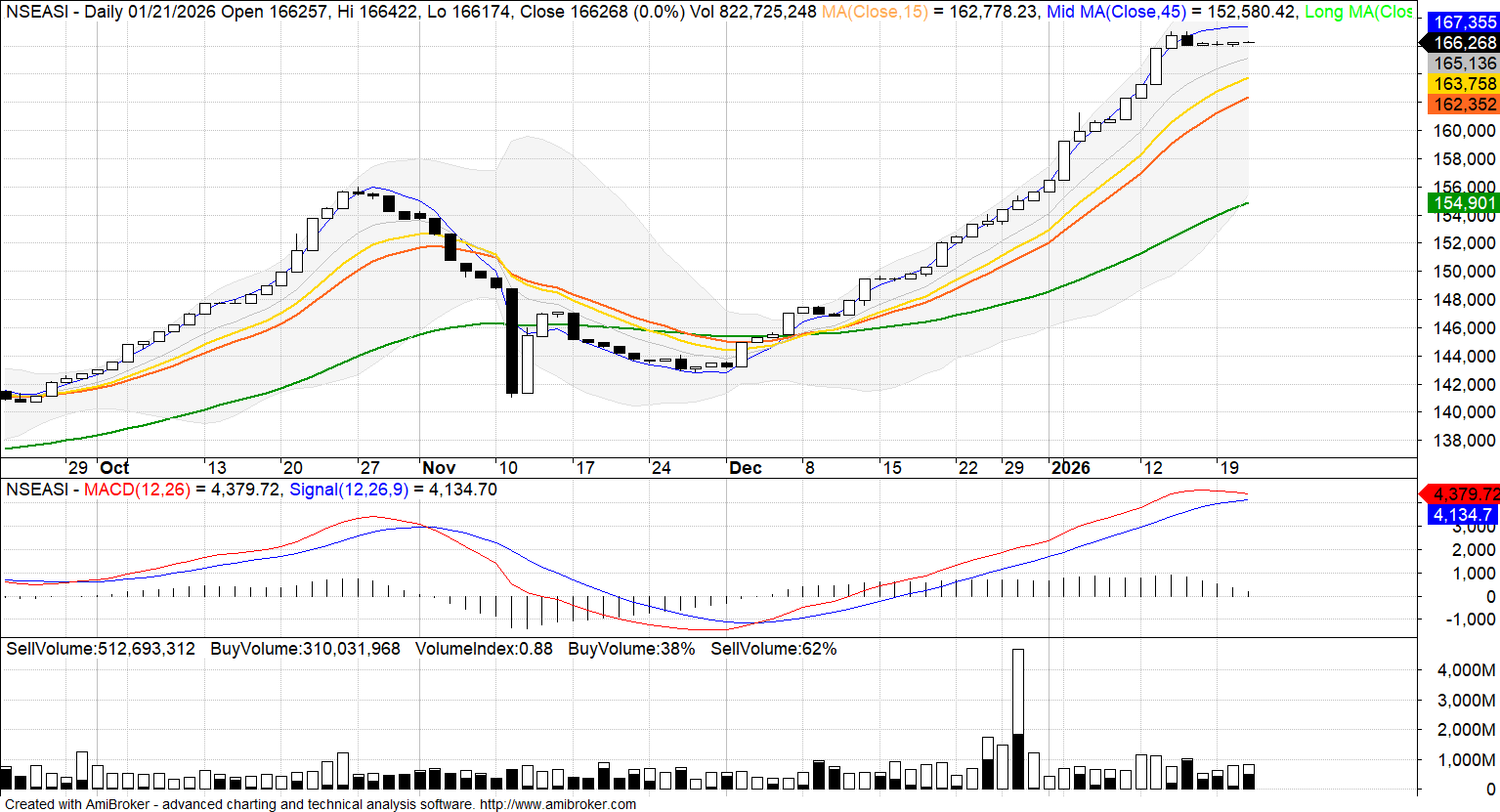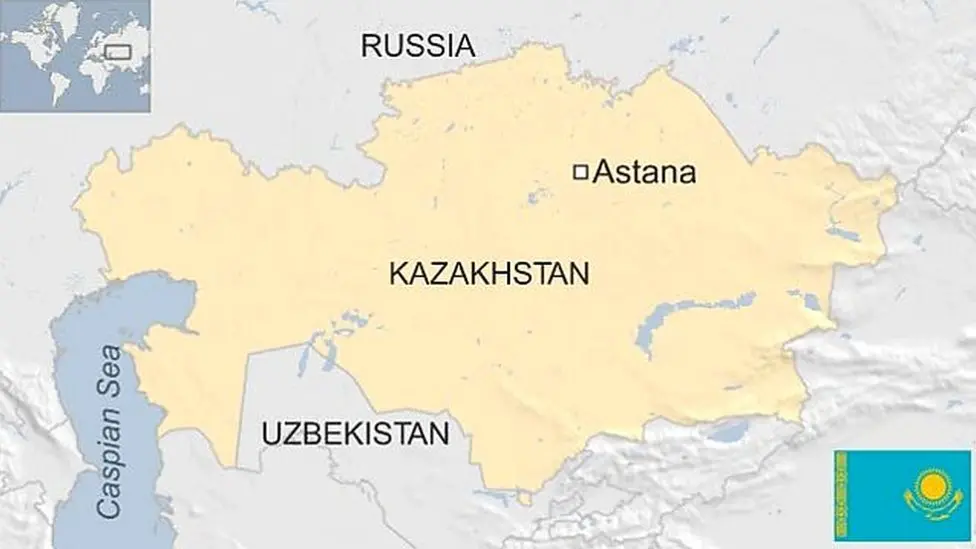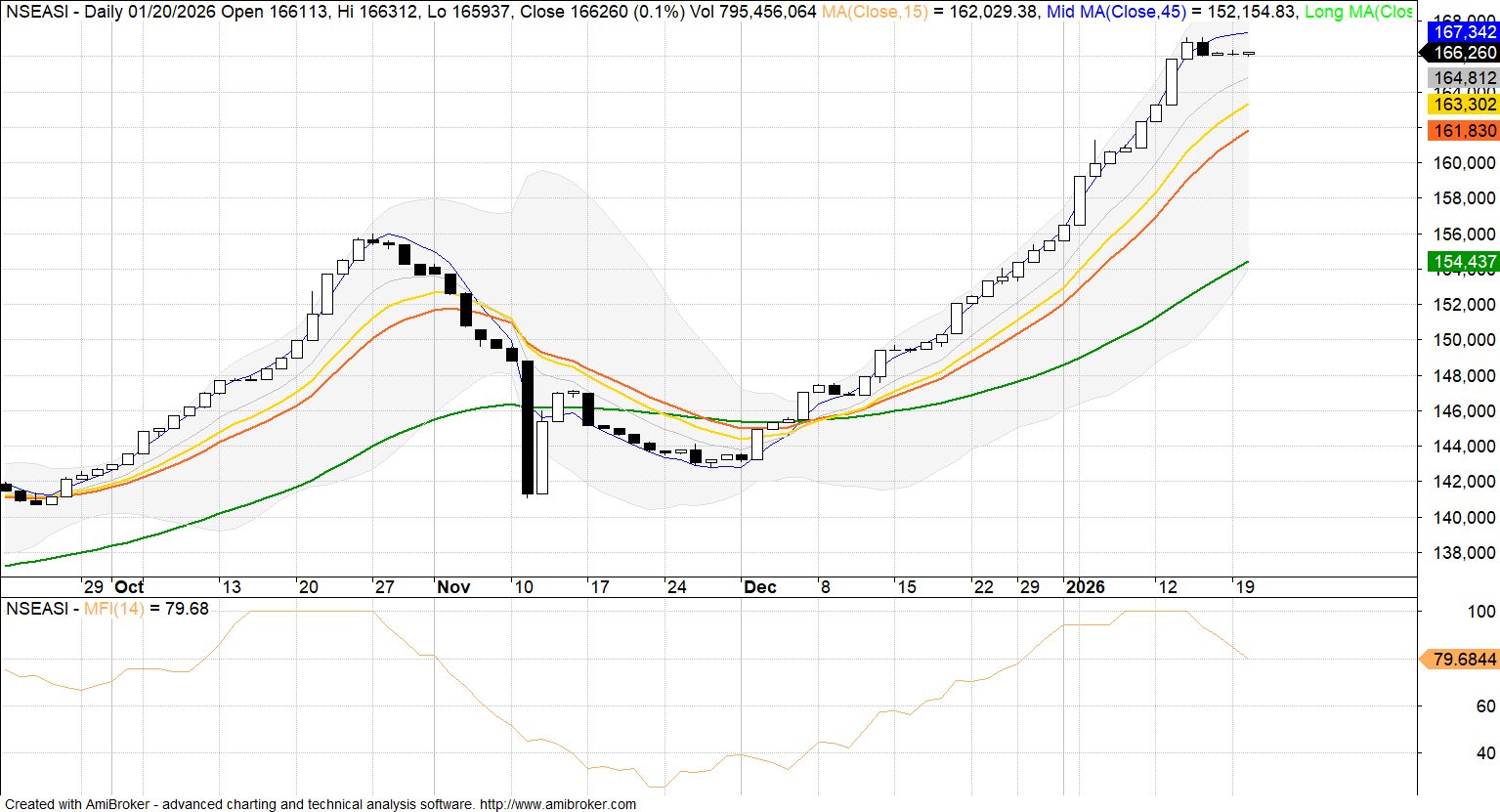
Latest data on the website of the Central Bank of Nigeria (CBN) on Thursday, shows that the nation’s foreign reserves dropped into the $43bn region on Wednesday, October 3, 2018.
The nation’s reserves level closed at $43.973bn, down from previous day’s $44.025bn.
Nigeria’s reserves last touched that level on March 9, 2018, when it stood at $43.732bn on its way up, until it got to its peak of $47.846bn on May 11, 2018, and commenced a steady decline.
Between Friday, September 28 and October 3, the data showed that Nigeria’s reserves level had dropped by $331.197m, representing a decline of 0.74%.
However, Isaac Okorafor, spokesman of the CBN, says the drop in the foreign reserves level has nothing to do with the current political actors, explaining that it is rather a result of the “global squeeze on emerging markets, which was consequent upon increasing interest rates in the United States of America.”
Speaking at the CBN Special Day at the ongoing 13th Abuja Trade Fair, Okorafor, Director of Corporate Communications at the CBN, said the ongoing reversal of capital flows is not peculiar to Nigeria, because some other economies are also negatively impacted by the recent hike in interest rate by the United States’ Federal Reserve.
The situation, he assured, is the same with other developing and emerging markets like Turkey, Brazil, South Africa, Argentina and even China, assuring that despite the fall, the present $44bn was capable of financing between 17 and 20 months of imports. These, he assured, are way above the three-month internationally standard.
According to Okorafor, not only does the CBN have the reserves to defend the naira, it is also sufficient to encourage small businesses to produce to boost the economy.
Continuing, the CBN spokesman stressed: “It’s also on social media that our reserves dropped by $1.45bn in one month. We are not politicians. Of course, I want you to understand that the reserves level is a moving figure; at times, it rises and other times, it comes down. And as we speak, it’s a little over $44bn.”
On reasons for the fluctuation in the external reserves, Okoroafor recalled “that there was a time we survived on even $23.2bn, the economy was running. Now, we are over $44bn and the reason why it’s going down gently is because there’s a global squeeze on emerging markets: the Central Bank of the USA which is the Fed had been raising interest rate and you know international capital goes to where it earns better returns.”
“So, those who came into our economy to take advantage of the returns here seems to have found better returns in the US and it’s not just in Nigeria, it’s happening to South Africa, Egypt, Pakistan, Iran, Argentina, Brazil, Turkey even China.”
According to him, “China has lost over 1.3 per cent of its currency. Argentina lost 134 per cent; Iran, India, some of them lost 18 per cent, 17 per cent, but here in Nigeria, our currency has gained six per cent in the last one year.
“You can see that the reversal of capital flows which is eating most economies and bringing about depreciation in their currency is not affecting us for two reasons — we’ve built enough buffers of reserves to be able to tackle situations like these.
“Secondly, we’re using the reserves to defend the value of our currency. So that also accounts for why it’s dropping.
“Investors who brought in dollars, of course, we’ve a capital importation policy. If you bring your dollars, when you’re leaving, we give it to you. And so they brought their dollars and they want to leave to the US, we give because our word is our bond and so that has tended to make the reserves drop a little.”
“We are very comfortable, we have the reserves to defend the value of the naira, and we have the local support to also encourage our SMEs to go into production.”











